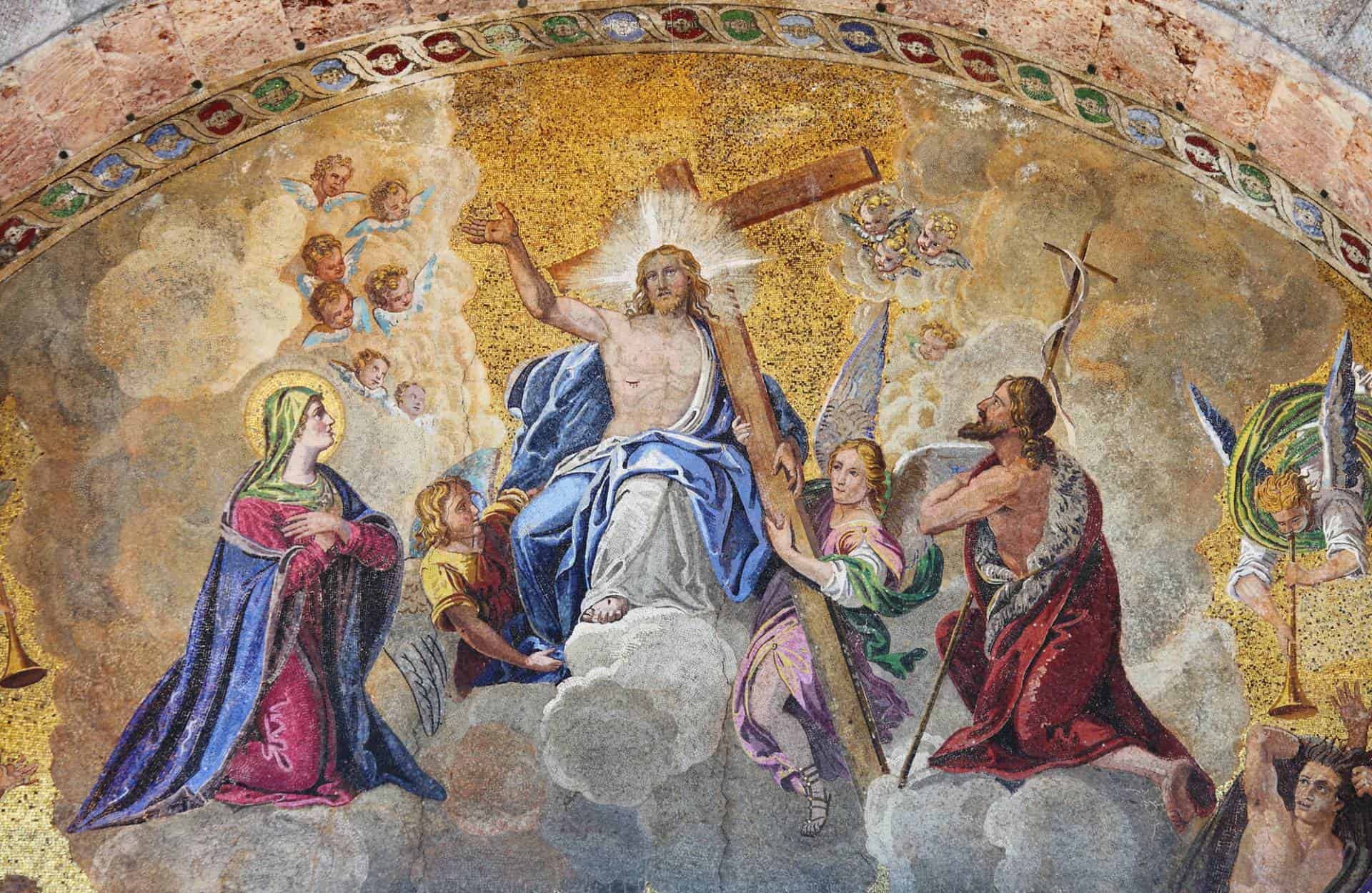
The following are the more common religious terms you'll come by:
- Monotheism:
- Definition: Monotheism is the belief in the existence of a single, supreme, and all-powerful deity or God. Adherents of monotheistic religions reject the belief in multiple gods and affirm the oneness of the divine.
- Polytheism:
- Definition: Polytheism is the belief in the existence of multiple deities or gods and goddesses. In polytheistic belief systems, each deity typically possesses specific attributes, powers, and responsibilities.
- Atheism:
- Definition: Atheism is the absence or rejection of belief in the existence of gods or deities. Atheists do not adhere to any religious faith and often assert that there is no empirical evidence to support the existence of a higher power.
- Agnosticism:
- Definition: Agnosticism is the position that neither affirms nor denies the existence of gods or deities. Agnostics assert that the existence of a higher power is either unknowable or inherently uncertain, and they withhold judgment on matters of faith.
- Theism:
- Definition: Theism is the belief in the existence of one or more gods or deities who are considered to be actively involved in the affairs of the world and the lives of individuals.
- Deism:
- Definition: Deism is a philosophical and religious perspective that asserts the existence of a divine creator or prime mover who initially created the universe but does not intervene in its ongoing operations or human affairs.
- Pantheism:
- Definition: Pantheism is the belief that the divine or the sacred is present in and manifests through the natural world. In pantheism, the universe itself is considered to be the ultimate reality and is equated with divinity.
- Henotheism:
- Definition: Henotheism is the worship or devotion to a single god within a polytheistic belief system, while acknowledging the existence of other gods. It does not necessarily deny the existence of other deities, but emphasizes the devotion to one primary deity.
- Nontheism:
- Definition: Nontheism is a broad term that encompasses various perspectives, including atheism, agnosticism, and certain forms of religious naturalism. It refers to a lack of adherence to or emphasis on belief in gods or deities.
- Humanism:
- Definition: Humanism is a philosophical and ethical stance that emphasizes the intrinsic worth and dignity of human beings. It places human concerns and values at the forefront of ethical and moral considerations, often without a reliance on religious doctrine.
- The Antichrist:
- Definition: An evil figure who will plague the world and ultimately be defeated by Christ in the battle of Armageddon.
- The Apocalypse:
- Definition: Derived from the Greek word for revelation, it describes the world’s cataclysmic end and the ushering in of Christ’s kingdom on Earth.
- The Apotheosis:
- Definition: Elevation of a person to the status of god, the divine example.
- Armageddon:
- Definition: Describes the final battle between Christ and the Antichrist and the beginning of his 1000 year reign.
- The Ascension:
- Definition: Celebrates the Ascension of Christ to heaven 40 days after his resurrection.
- The Final Judgement:
- Definition: When Christ the ruler resurrects the dead and rewards the righteous with eternal life and the evil with eternal damnation.
- The Rapture:
- Definition: The actual act of Christ raising all living true believers to heaven.
- The Tribulation:
- Definition: The period of 7 years of ruin and disaster which culminate with Christ’s ultimate victory over evil at Armageddon.
These definitions provide an overview of the key concepts related to various religious and philosophical perspectives. Keep in mind that interpretations and nuances of these terms may vary among different individuals and belief systems.










